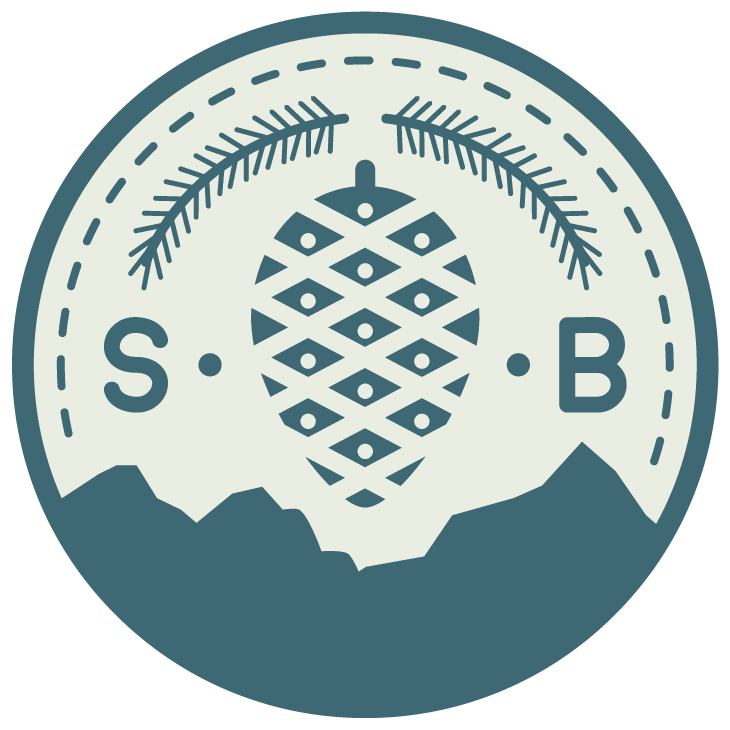Elastic Minimalism
“Minimalism” is becoming such a loaded term nowadays, it’s hard to even attempt to define it without rubbing someone the wrong way. For me, it’s a personal journey of self-improvement. I think a lot of things can fit under the umbrella of “self-improvement”. Eliminating stuff I don’t need, streamlining my life in different ways, and doing stuff like yoga and meditation all have improved my life in some way.
It should be that simple, and I really don’t know why minimalism has become so convoluted and contentious. This is why I feel the need, every now and then, to take stock of the current state of minimalism as a “movement” and how my own thoughts and feelings have changed in regard to my own journey.
Minimalism is innate
The ideas in this post are going to sound really similar to my thoughts on dogmatic minimalism from a while back, but I’m trying to work in some new revelations as well. Minimalism as a movement (if you can call it that; it’s certainly been around longer than millennials with MacBooks) started out fairly rigid. I remember the 100 Things Challenge becoming the gold standard for a while, and I admit that I bought into it as well.
But what started out as a fun challenge that did genuinely become a catalyst for many to improve their lives inevitably became a contest. It was all about trying to fit into that box. I want to say the vast majority of people into minimalism quickly saw how ridiculous it was to turn a very subjective lifestyle choice into a numbers game.
“Some of us simply can’t live with only 100 things. And that’s okay.”
From there, it evolved into something more natural. We’re just a group of people that prefer to only keep stuff that adds value to our lives. I believe saying that it “evolved” into this is a poor choice of words. This more natural sort of minimalism is something innate within us that we never lost. Old us had to be minimalists in order to survive.
As hunter-gatherers, it was impossible to carry much. For at least 90% of human history, we lived this way, so we are natural minimalists to our very core. It wasn’t until the agricultural revolution around 10,000 BC that humans began to transition to a more agrarian, sedentary society. Even after that, minimalism continued to prevail. Hell, the Mongols were nomads living in one of the most unforgiving places in the world for that time and went on to conquer Asia, most of the Middle East, and a lot of Europe (and subsequently became very maximalist).
No, it’s only a recent phenomenon that we’ve forgotten where we came from. Living in a huge house with lots of stuff may be the societal trope that most people try to live by these days, but all it takes is a catalyst to prod us into our more natural, minimal selves. The 2008 meltdown comes to mind.
Minimalism is elastic
If we think of minimalism in this way - as something that is innate rather than a New Age fad from the internet - then it wouldn’t be surprising that it is a deeply personal thing that varies according to each of our situations. Some of us simply can’t live with only 100 things. And that’s okay. A lot of us have hobbies that require stuff. Some of us have jobs that require formal attire every day. Others live where it’s fucking cold in the winter and would meet half of their 100 things limit with just what they have on to be comfortable outside.
When it comes to hobbies, I can’t help but feel that some people are actually shaping their hobbies around minimalism, rather than vice-versa. Like, oh, I can’t play guitar anymore because a guitar, case, strap, picks, capo, cables, amplifier, effects pedals = way too many things. I need to get into coding instead. That’s fair enough if you actually want to do that instead of doing it just from some imagined pressure of “not being minimalist enough”. There’s no such thing, really.
Does it add value to your life? If yes, then pursue it, buy it or do it. If not, get rid of it. Honestly, I don’t get how minimalism becomes complicated beyond this to the point where most of the comments on a r/minimalism post are people arguing. Am I missing something?
Find your own balance
There are a lot of helpful blogs and ebooks out there that can point you in the right direction for your own minimalist journey. But that’s all they can do. It’s up to you to take stock of your own situation. While starting down the path and getting that initial positive momentum can be challenging, the result is something that will make your life exceedingly easier. And here's a thought to get you started in the right direction:
If you want to do it, do it. If not, don't. Let's make minimalism minimal again. ◉
Written by Seth Barham


